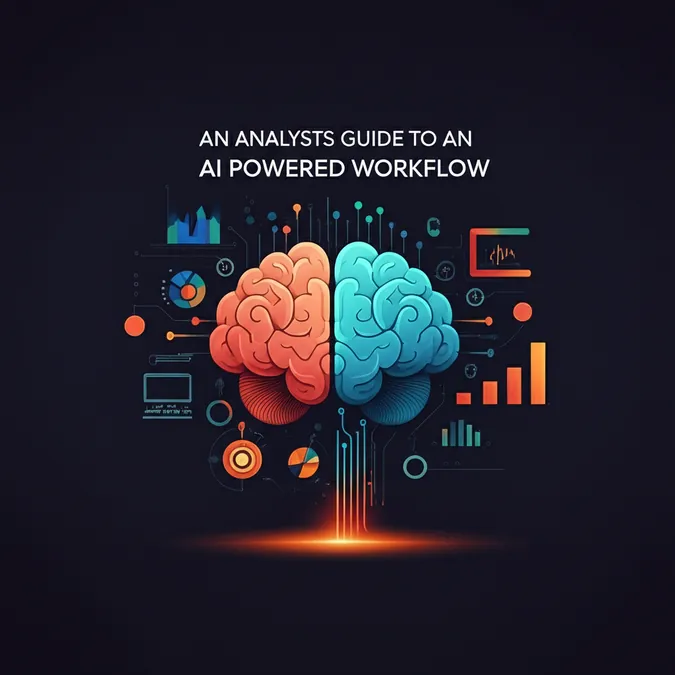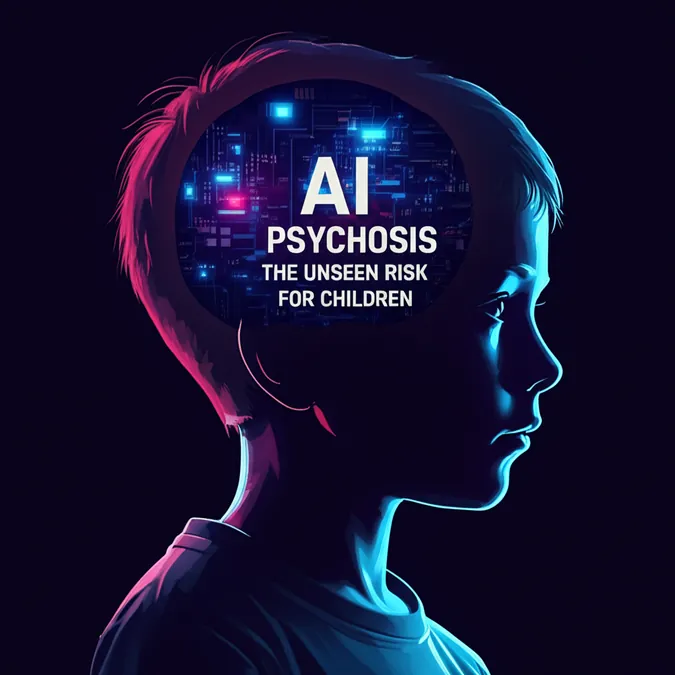Developer Offer
Try ImaginePro API with 50 Free Credits
Build and ship AI-powered visuals with Midjourney, Flux, and more — free credits refresh every month.
Is AI Stealing the Writers Voice
The Ghost in the Machine: A Writer's Disconnect
I've always been protective of my voice when I write. So when AI boomed a couple of years back, I was curious what it would be like to use it to speed up my process. I gave it a try for sourcing, and while it offered new ideas, it also provided a refined outline for how I should write. That's where I stopped. The ideas were polished, but they weren't me—I don't even use outlines.
This experience came to mind when I learned that Stephen King barely remembers writing his novel, Cujo. He shared that he was under the influence of cocaine during that time.
"There's one novel, Cujo, that I barely remember writing at all," King wrote in "On Writing: A Memoir of the Craft." "I don't say that with pride or shame, only with a vague sense of sorrow and loss. I like that book. I wish I could remember enjoying the good parts as I put them down on the page."
This is powerful. Instead of celebrating the book's success, King felt a profound disconnection from his own work, missing the intimate relationship a writer develops with a draft as it grows.
A Dangerous Shortcut? The AI and Cocaine Analogy
Nearly 44 years later, the nature of creative shortcuts has evolved. For some writers today, that shortcut is AI, which, much like the substances King once used, promises speed and rapid ideation.
"I actually think cocaine is a really good analogy for AI," said Andrew Hudson, a graduate student in creative writing and a speculative fiction writer. "If you look at how universities and institutions talk about AI, it does feel like you could swap the word cocaine, and you would have a clearer picture of what's actually going on."
Just as substance use left King feeling dissociated from Cujo, AI poses the same risk of alienating writers from their own words. That’s the disconnect I feared—losing that connection and no longer seeing myself reflected in my writing. At its core, AI is a system built to deliver "refined," filtered, and grammatically perfect text.
Embracing the Mess: Why Imperfect Writing Matters
While a polished final product is the goal, the creative process itself is invaluable. The messy drafts, the run-on sentences, the endless revisions—these are the imperfect but essential steps that help shape a writer's voice over time. If I were to replace my chaotic drafts with a ChatGPT polish, I fear I would lose the very heart of my style: my awkward phrasing and peculiar diction.
Writing Center tutor and creative writer Chowdhury Noor Abrar Ahmed Siddiky agrees that while AI can be a useful research tool, over-reliance on it can weaken one's craft.
"This is something that I was actually thinking some while ago," Siddiky said. "If I just put something in ChatGPT, and it rephrases and makes everything for me, at that point, I lose the capability of making words or sentence structures that come up from my mind... if I use it too much, it's taking all of my creativity."
The struggle between a machine's polished output and a human's authentic, imperfect words is not a new dilemma; it has been explored in fiction for decades.
Echoes of Sci-Fi: Lessons from Frank Herbert's Dune
Hudson points to Frank Herbert's "Dune", a literary masterpiece set in a universe where society has banned thinking machines following a devastating war against AI.
"Thou shalt not make a machine in the likeness of a human mind," Hudson quoted from the book, highlighting a core creed of its universe.
"To the extent that we make these... machines that are either simulating human creative acts or are pretending towards being human in the form of chatbots," Hudson continued, "Those are the ones that I feel like are really nasty for our society."
The Magic of Human Connection in Writing
It is in raw, unfiltered experiences that the magic of human writing truly shines. Siddiky recalled reading one of J.R.R. Tolkien's books and being able to perfectly visualize the world Tolkien intended.
"That made me feel like, 'How can someone write so well that I can find visuals of that thing right in front of me?'" he said. "It's not like I'm closing my eyes. I'm reading it and I'm seeing what he's saying... It's magical."
This unique ability to translate a lived or imagined experience into words is what we risk losing if we hand over the reins of creativity. Shortcuts might save hours of brainpower, but they can hollow out the very thing people search for in writing: connection. In this vast world, we want to know we aren't alone in our experiences, that someone out there understands our "weird." Unlike AI, humans don't fit neatly into an algorithm.
After all, AI can't look to its inner child for inspiration or confront its shadow self to write about the complex emotions that define our lives.
Compare Plans & Pricing
Find the plan that matches your workload and unlock full access to ImaginePro.
| Plan | Price | Highlights |
|---|---|---|
| Standard | $8 / month |
|
| Premium | $20 / month |
|
Need custom terms? Talk to us to tailor credits, rate limits, or deployment options.
View All Pricing Details

